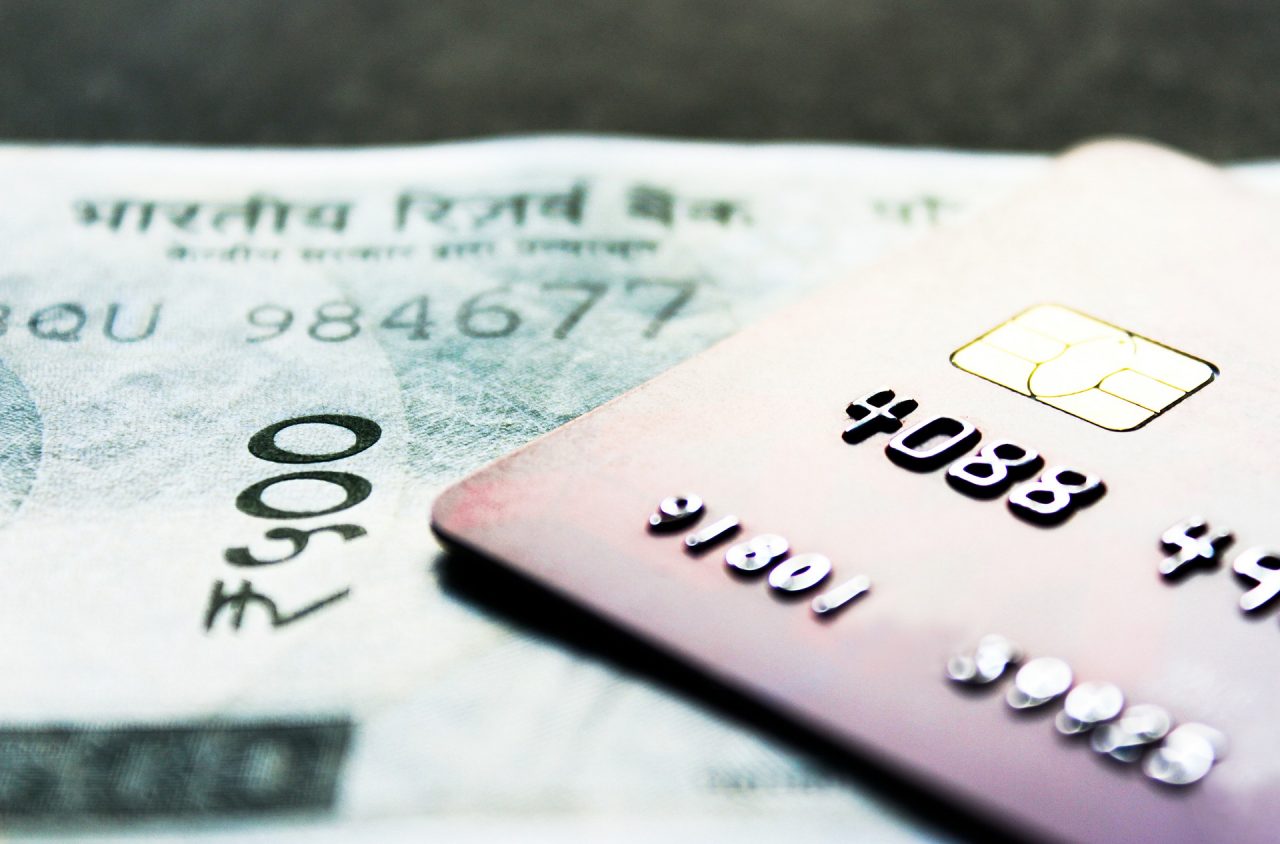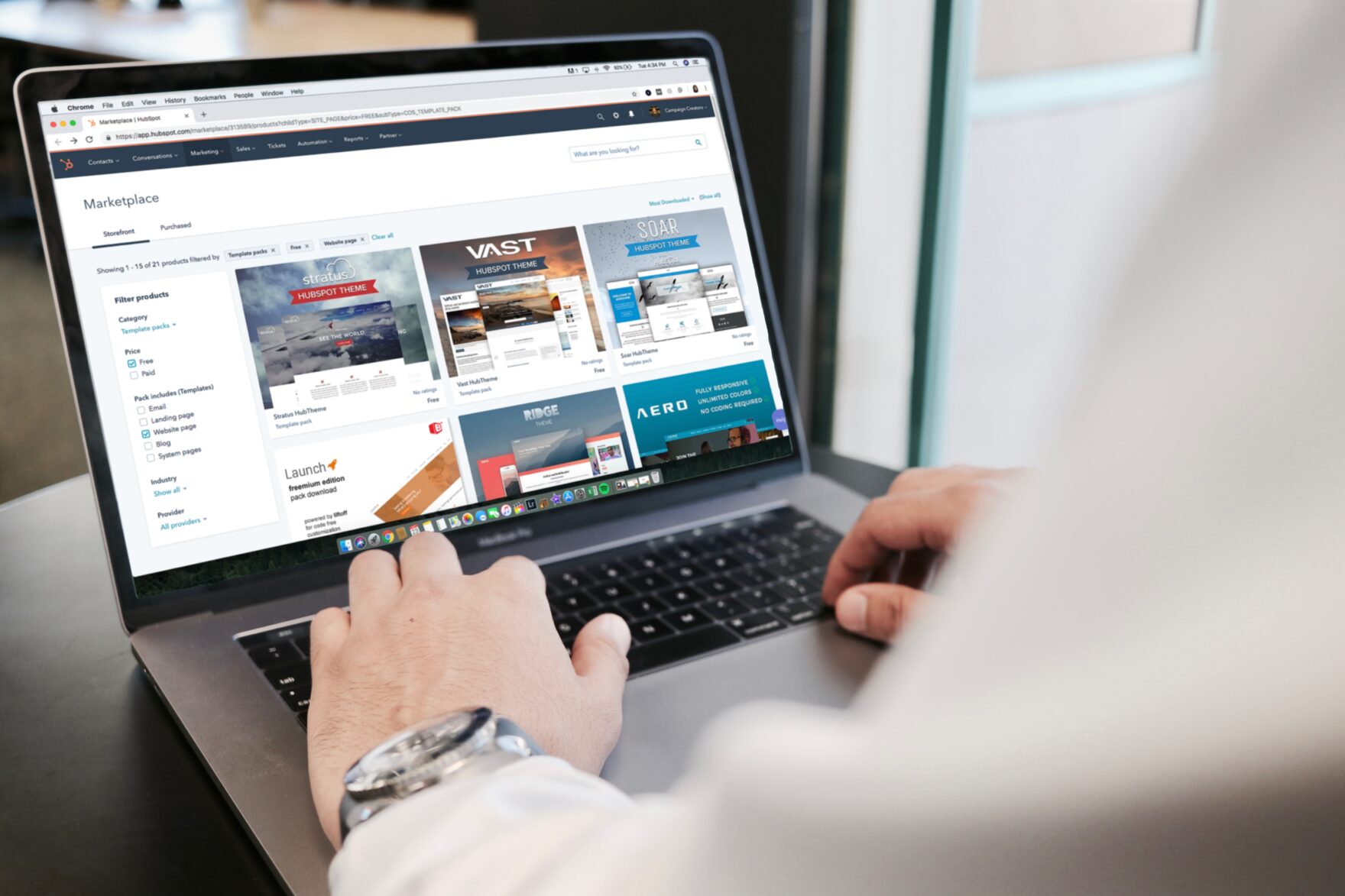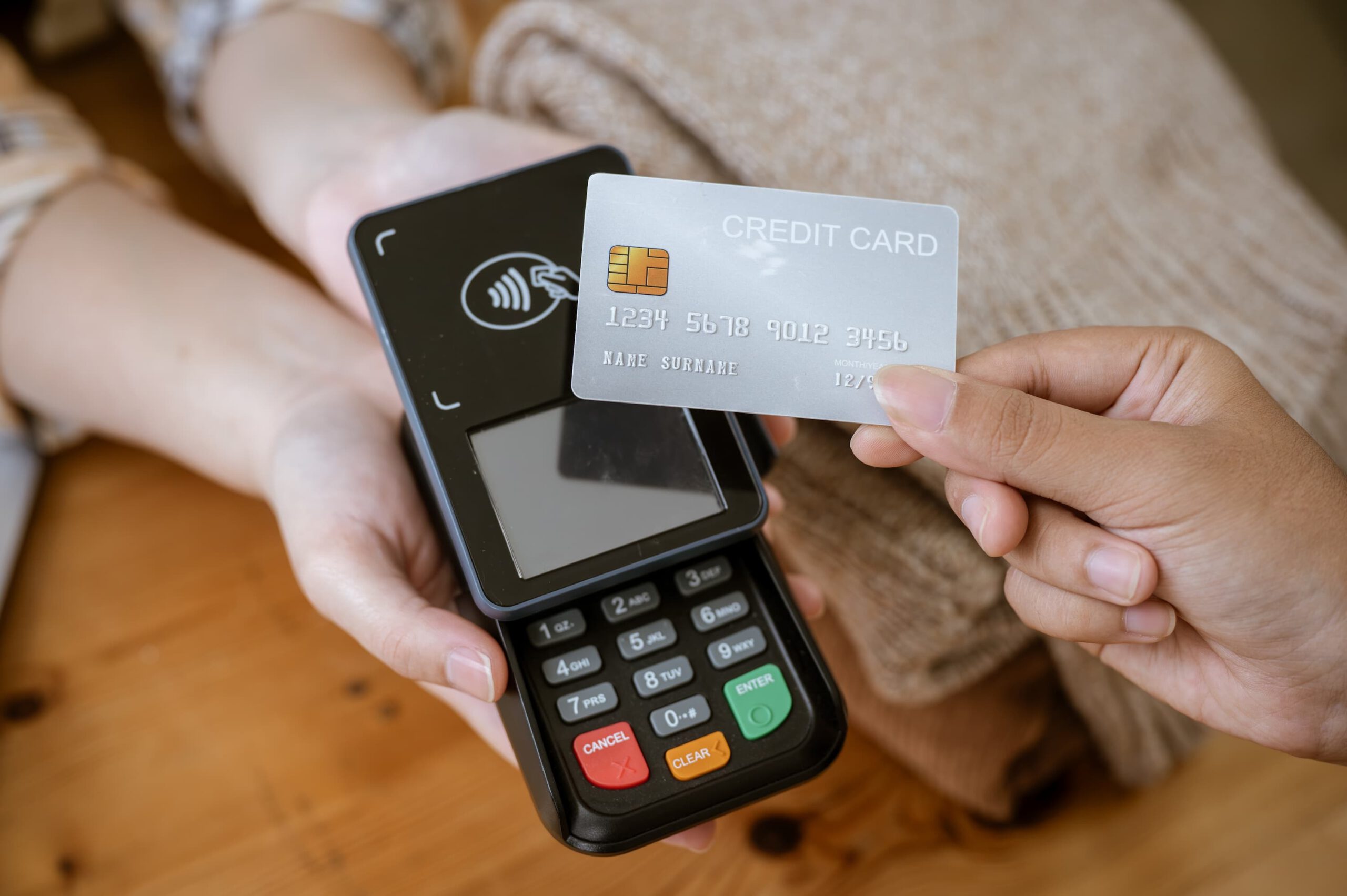There are several reasons why businesses find it difficult to obtain merchant accounts. Denied applications may be caused from a bad credit score, specific business types that are not covered, and even tax liens. Unfortunately, the inability to accept credit cards can drastically reduce a company’s ability to succeed. Fortunately, there are bad credit merchant account providers that can help.
How Hard is it to Get a Merchant Account?
For many businesses, getting a merchant account is a relatively easy process. In the past, when traditional brick-and-mortar banks and credit card processors provided most of the accounts, the application process was time-intensive and the processor frequently declined applications.
Even now, however, there are certain requirements that, if not met, can result in a denied application. Let’s take a look at the top four and how to overcome them.
Bad Personal Credit History
Bad personal credit history is one of the most common reasons that traditional merchant account providers deny a merchant account application. Items on your credit report that initiate questions and declined applications include active bankruptcies, low credit scores, active collection accounts, a history of late payments, and lack of credit history.
Possible Solutions
If you want to increase your chances of approval, one option is to take the account out of your name and put the account into a business partner’s name that may have more favorable personal credit.
Getting a merchant account with bad credit is also made easier if your business is a C-corporation or a limited liability company, or if the company has large cash reserves.
In some cases, the processor may accept a personal guarantee. Be sure to choose bad credit merchant account providers carefully as each credit check can lead to a reduction in your credit score.
Unacceptable Business
There are certain types of businesses that are “blacklisted” when it comes to an approval for a merchant account application. These are considered risky industries and include businesses that deal in adult material, drugs, and the travel industry.
A processor may also have declined an application if you are in telemarketing or even subscription services.
Other red flags for traditional merchant account providers include an industry that receives a lot of product returns and processing volumes that exceed industry standards.
Possible Solutions
If your business falls into the high-risk category, you’ll most likely need to work with a payment processor that specifically works with companies that fall into this category.
Make sure your company provides clear customer service guidelines. Offering a full refund if not satisfied with the product is a best practice suggestion and leads to less chargebacks.
Chargebacks occur, most often, when customers are unhappy with the product or service and want a refund. Instead of requesting a direct refund, the customer disputes a transaction and contacts their bank to request a chargeback.
These forced bank transaction reversals do not look good, and all merchant account processors have limits as to the amount of chargebacks a business can acquire before the account is canceled.
When applying, don’t overestimate your processing volume. Providing realistic business projections for your business type will help establish your legitimacy while you develop a relationship with your provider.
The bottom line is that your processor only makes a profit if and when you make a sale.
Active Tax Liens
Tax liens, either personal or business related, put your business into a higher risk category.
Possible Solution
If possible, resolve tax liens before applying for a merchant account. If it isn’t possible, you will need to work with bad credit merchant account providers and come up with alternative solutions.
You’re on the MATCH List
The Member Alert to Control High-Risk Merchants (MATCH) list is a register that lists all merchants that have had their accounts terminated in the past. Reasons for terminated accounts include a business merchant account left in poor standing.
If on the MATCH list, you may not be approved for a merchant account for up to 7 years.
Possible Solutions
Resolve any outstanding bills that you may have with a previous provider. If you’re uncertain why you’ve been “blacklisted,” call the bank that put you on the list and ask. The other options is to find a merchant services provider that works with businesses despite their MATCH list status.
Why Do You Need a Merchant Account?
You may be asking yourself “but why should I get a merchant account? I would rather not pay the credit card fees.”
The reality is that if you are a business that does not accept a credit card, you are missing out on sales. A lot of sales. In fact, by some estimates, credit card processing can increase sales by 20 percent or more.
On the other side of the equation is the human behavioral element. Buying with a card instead of cold, hard cash often amounts to higher spend—up to 120 percent higher.
What Do I Need to Get a Merchant Account?
Now that you know the importance of applying for a new merchant account, let’s determine what you should bring to the table so that you can save yourself time and frustration. After all, a mistake in information of lack of documentation could lead to a declined application.
First, you should ensure underwriters that you are operating a legitimate, reputable company. In order to assess this, processors may look at your website, bank statements, credit scores, and if you have any credit card processing history.
In order to accept credit cards, your website must state your refund policy as well as your company’s privacy policy. You have to ensure that any shared information is secure and private.
You’ll also require basic documents such as your social Security Number or your Employer Identification Number, and an ID or driver’s license with your full name.
Many banks and merchant account processors require a chargeback ratio under 1 percent. Thankfully, some processors—such as High Risk Pay—have increased the ratio to 2 percent.
Applying for a merchant account does not have to be painful if you come prepared.
What is a High-Risk Merchant Account?
These accounts are payment processing accounts designed for a high risk business type. Fortunately, despite the fact that your business model or past history may categorize you as a risky new merchant, there are processors that have found a way to help you accept credit cards and succeed.
While some high-risk payment providers may charge setup processing fees as well as application fees, High Risk Pay does neither. Our merchant account application is straightforward, and we’ll be there to help you through the application process.
High Risk Pay specializes in helping businesses get their application approved, despite past mistakes. In fact, we have a 95 percent approval rate for bad credit merchant accounts and offer bad credit merchant account instant approval, or approval within 24 to 48 hours.
Get approved and start credit card processing and accepting credit card payments tomorrow by calling us today.









